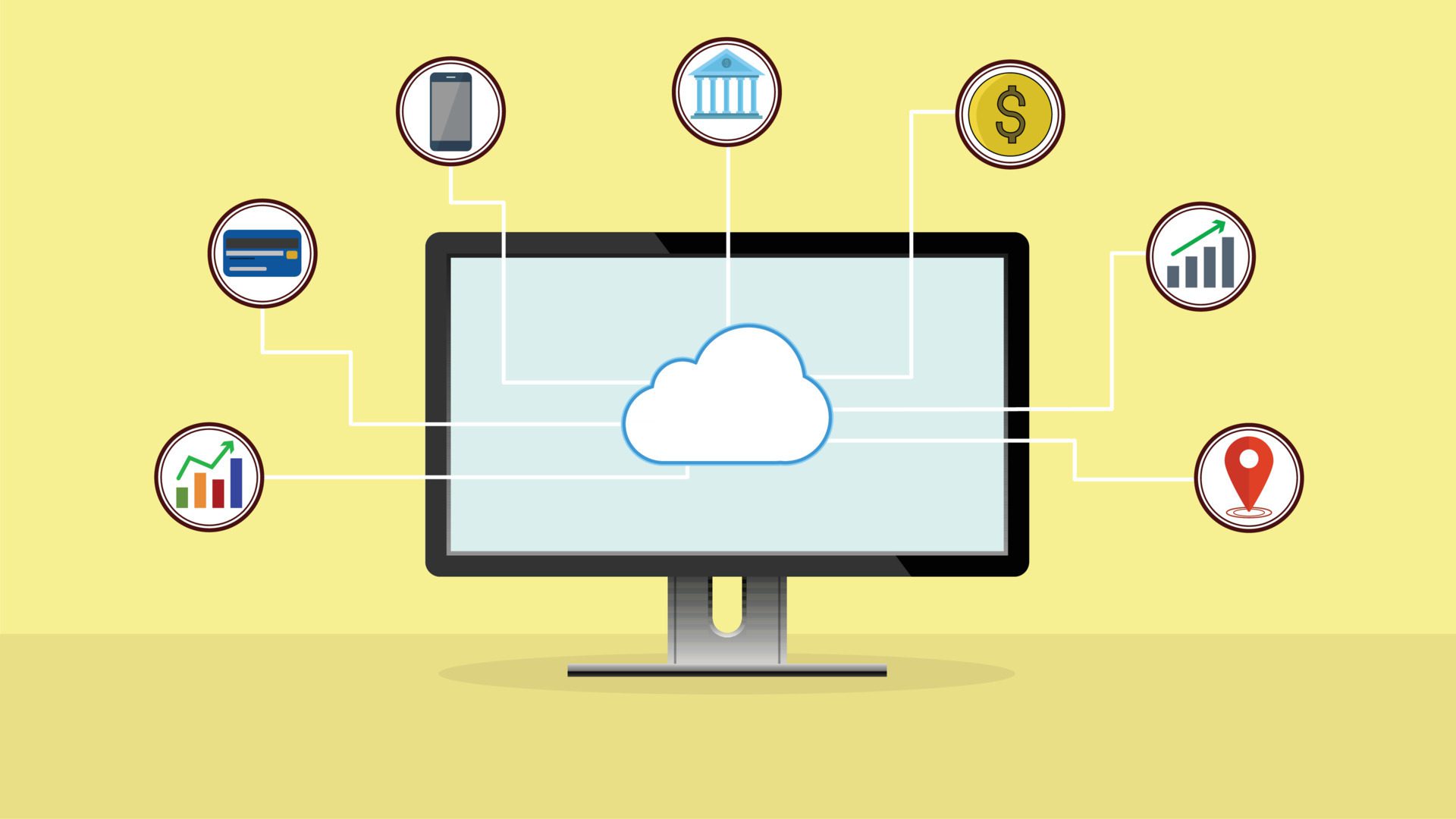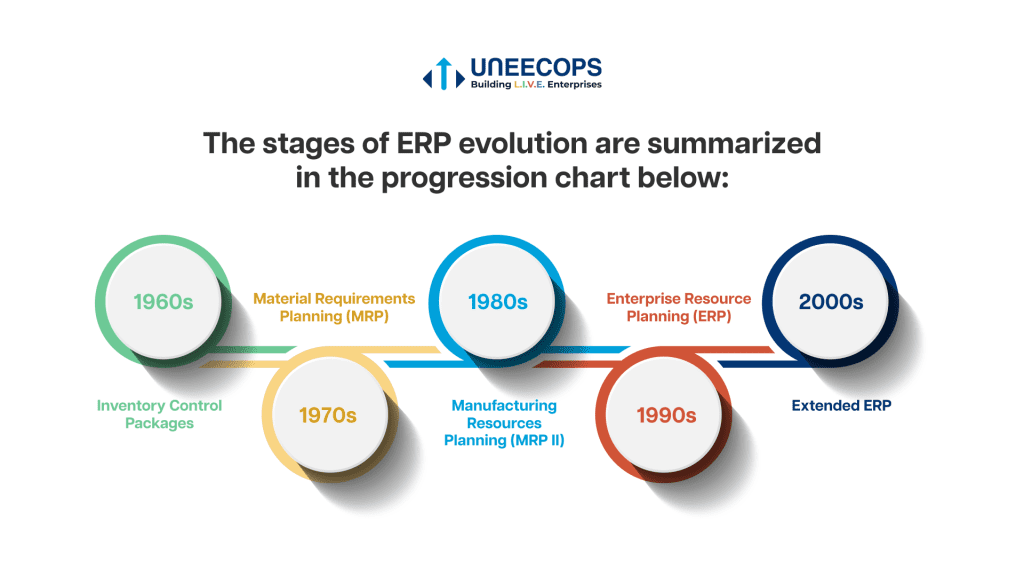I Need A Business Loan Now
Ready to Take Your Business to the Next Level? Get a Business Loan Now!
Hey there! Are you ready to take your business to the next level? Whether you’re looking to expand your operations, invest in new equipment, or hire more employees, a business loan could be the key to unlocking new opportunities. With the right financing in place, you can fuel growth and propel your business towards success. So why wait? Get a business loan now and watch your business soar to new heights!
Understanding the Basics of Business Loans
When it comes to starting or expanding a business, one of the most common challenges entrepreneurs face is securing the necessary funding. Business loans are often the go-to solution for many small business owners looking to finance their operations. But before jumping in headfirst, it’s important to understand the basics of business loans.
First and foremost, it’s crucial to know that business loans are a type of debt financing that allows businesses to borrow money from lenders to cover various expenses, such as purchasing equipment, hiring employees, or expanding their operations. In exchange for the loan, the borrower agrees to repay the borrowed amount, along with any interest and fees, over a set period of time.
There are several types of business loans available, each designed to meet specific needs and requirements. The most common types include term loans, which are lump-sum loans repaid over a fixed term; lines of credit, which provide businesses with access to a revolving credit line they can draw on as needed; and SBA loans, which are guaranteed by the Small Business Administration and often offer favorable terms and rates.
When applying for a business loan, lenders will typically evaluate various factors to determine the borrower’s creditworthiness and risk level. These factors may include the borrower’s credit score, business revenue, cash flow, collateral, and business plan. Lenders use this information to assess the borrower’s ability to repay the loan and mitigate the risks associated with lending money.
It’s important to note that business loans come with various terms and conditions, including interest rates, repayment schedules, fees, and collateral requirements. Before applying for a business loan, it’s essential to carefully review and compare different loan offers to find the one that best suits your business needs and financial situation.
In conclusion, understanding the basics of business loans is crucial for any entrepreneur looking to finance their business. By familiarizing yourself with the different types of loans, the factors lenders consider when evaluating loan applications, and the terms and conditions associated with borrowing money, you can make an informed decision and secure the funding you need to grow your business.
Determining Your Loan Needs
When considering applying for a business loan, it is crucial to determine your specific needs before approaching a lender. Before diving into the application process, take some time to evaluate your financial situation and clearly define what you need the loan for. This will help you narrow down your options and find the best loan for your business.
One of the first steps in determining your loan needs is to assess the purpose of the loan. Are you looking to invest in new equipment, expand your operations, or simply cover day-to-day expenses? By identifying the specific purpose of the loan, you can better communicate your needs to potential lenders and ensure that you are applying for the right type of loan.
Next, consider the amount of capital you require. Calculate the exact figure you need to achieve your business goals and avoid taking out more money than necessary. It is important to strike a balance between borrowing enough to meet your needs and not overextending your business with excessive debt.
Additionally, think about the repayment terms that work best for your business. Do you need a short-term loan to cover a temporary cash flow gap, or are you looking for a long-term loan to fund a large investment? Understanding how quickly you can repay the loan will help you choose a loan with suitable terms and avoid unnecessary financial strain.
Moreover, assess your creditworthiness before applying for a business loan. Lenders will evaluate your credit score and financial history to determine your eligibility for a loan and the interest rate you will be offered. Be prepared to provide documentation of your business’s financial health, such as tax returns, bank statements, and profit projections. Maintaining good credit and a healthy financial record will increase your chances of being approved for a loan at favorable terms.
Finally, consider the various loan options available to you. From traditional bank loans to online lenders and alternative financing solutions, there are a variety of options to choose from. Research different lenders, compare their rates and terms, and select a loan that aligns with your business needs and financial goals.
By taking the time to determine your loan needs before applying for a business loan, you can streamline the application process, increase your chances of approval, and secure the funding necessary to grow and succeed. Don’t hesitate to seek guidance from financial advisors or loan specialists to help you navigate the lending process and make informed decisions for your business.
Exploring Different Loan Options Available
When it comes to seeking a business loan, there are various options available to choose from based on your specific needs and financial situation. It is important to explore these different loan options in order to find the one that best suits your business requirements. Below are some popular loan types that you can consider:
1. Traditional Bank Loans: One of the most common loan options for small businesses is a traditional bank loan. These loans are typically offered by banks and credit unions and require a strong credit history and collateral. The interest rates for bank loans can vary based on the lender and your creditworthiness. If you have a good credit score and established business, this could be a viable option for you.
2. SBA Loans: Small Business Administration (SBA) loans are another popular option for small businesses in need of financing. These loans are partially guaranteed by the SBA, which makes them less risky for lenders. SBA loans usually have lower interest rates and longer repayment terms compared to traditional bank loans. However, the application process for SBA loans can be more rigorous and time-consuming.
3. Online Lenders: In recent years, online lenders have become a popular alternative to traditional bank loans for small businesses. These lenders offer fast and convenient loan options with minimal paperwork and quick approval processes. Online lenders may have higher interest rates compared to traditional loans, but they provide a great option for businesses that need quick access to capital. Some popular online lenders include Kabbage, Funding Circle, and PayPal Working Capital.
4. Equipment Financing: If your business needs to purchase or lease equipment, equipment financing can be a great option. This type of loan allows you to borrow money specifically for purchasing equipment, and the equipment itself serves as collateral for the loan. Equipment financing can help you acquire the tools you need to grow your business without affecting your cash flow.
5. Invoice Financing: If your business has outstanding invoices from customers, you can use invoice financing to access the funds tied up in these invoices. With invoice financing, a lender will advance you a percentage of the value of your outstanding invoices, and you can repay the loan once the invoices are paid. This is a great option for businesses with inconsistent cash flow.
It’s important to carefully consider the pros and cons of each loan option available to you and choose the one that aligns with your business goals and financial needs. Whether you opt for a traditional bank loan, SBA loan, online lender, equipment financing, or invoice financing, be sure to research each option thoroughly and compare the terms and rates before making a decision. By exploring the various loan options available, you can find the best financing solution for your business.
How to Prepare for the Loan Application Process
Securing a business loan can be a crucial step in growing your company or overcoming financial challenges. Before you dive into the application process, it’s essential to be well-prepared. Here are some steps to help you get ready:
1. Determine Your Needs: Before applying for a business loan, make sure you have a clear understanding of why you need the funds. Whether it’s for expanding your business, purchasing new equipment, or covering operational expenses, knowing your specific financial needs will help you choose the right loan product.
2. Review Your Credit Score: Lenders will often look at your credit score to determine your creditworthiness. It’s crucial to review your credit report and score beforehand to ensure there are no errors that could negatively impact your loan application. If your credit score is less than ideal, take steps to improve it before applying for a loan.
3. Organize Your Financial Documents: Lenders will require various financial documents when you apply for a business loan. These may include tax returns, bank statements, profit and loss statements, and balance sheets. Make sure you have all these documents organized and up-to-date to streamline the application process.
4. Develop a Strong Business Plan: One of the most important aspects of your loan application is your business plan. This document outlines your business goals, market analysis, financial projections, and how you plan to use the loan funds. A strong business plan demonstrates to lenders that you have a clear strategy for repayment and can increase your chances of approval.
When developing your business plan, be sure to include detailed information about your target market, competition, pricing strategy, and how you plan to generate revenue. Lenders want to see that you have a solid understanding of your business and industry, as well as a realistic plan for achieving success.
Additionally, your business plan should include a detailed financial forecast, including projected revenue, expenses, and cash flow. This will show lenders that you have a clear understanding of your financial situation and how the loan will impact your business’s bottom line.
In conclusion, preparing for the loan application process can greatly increase your chances of securing the funds you need for your business. By determining your needs, reviewing your credit score, organizing your financial documents, and developing a strong business plan, you’ll be well-equipped to navigate the application process with confidence.
Finding the Right Lender for Your Business Loan
When you’re in need of a business loan, it’s important to find the right lender that can meet your specific needs and provide you with the best terms and rates. Here are some tips to help you find the right lender for your business loan:
1. Research different lenders: Start by researching different lenders to see what types of loans they offer, their rates, and terms. Look for lenders that specialize in business loans and have experience working with businesses similar to yours.
2. Compare rates and terms: Once you have a list of potential lenders, compare their rates and terms to see which one offers the best deal for your business. Look for lenders that offer competitive rates, flexible terms, and reasonable fees.
3. Check reviews and ratings: Before choosing a lender, check online reviews and ratings to see what other business owners have to say about their experiences. Look for lenders with positive reviews and a good reputation in the industry.
4. Consider your credit score: Your credit score will play a significant role in the lender’s decision to approve your loan and the terms they offer you. If you have a low credit score, look for lenders that specialize in working with businesses with less-than-perfect credit.
5. Build relationships with potential lenders: Building relationships with potential lenders can help you secure a business loan in the future. Attend networking events, industry conferences, and reach out to lenders directly to establish connections and show them that you are a trustworthy borrower.
By following these tips and taking the time to research different lenders, compare rates and terms, check reviews and ratings, consider your credit score, and build relationships with potential lenders, you can find the right lender for your business loan and secure the financing you need to grow your business.
Originally posted 2025-10-13 04:36:54.







